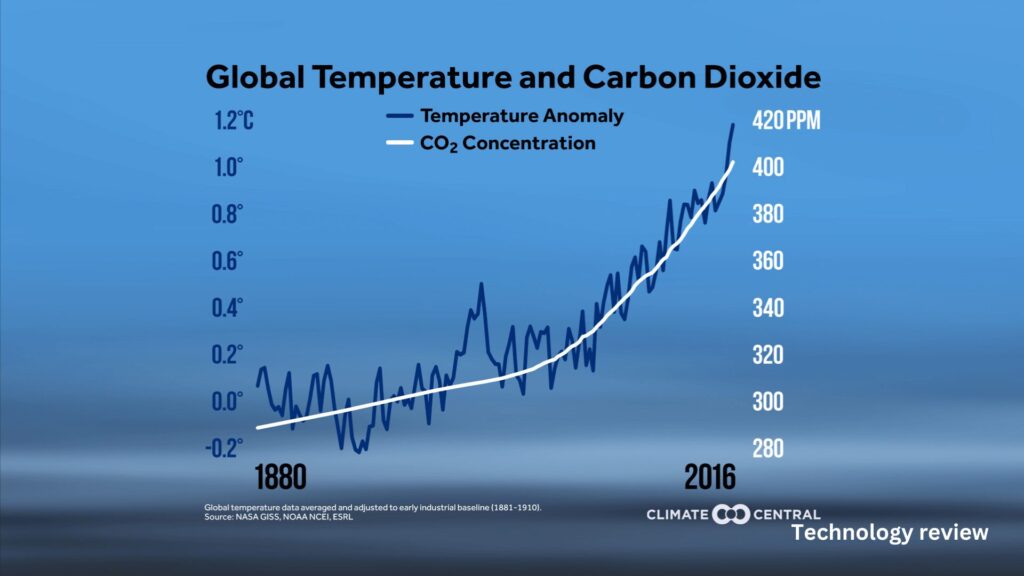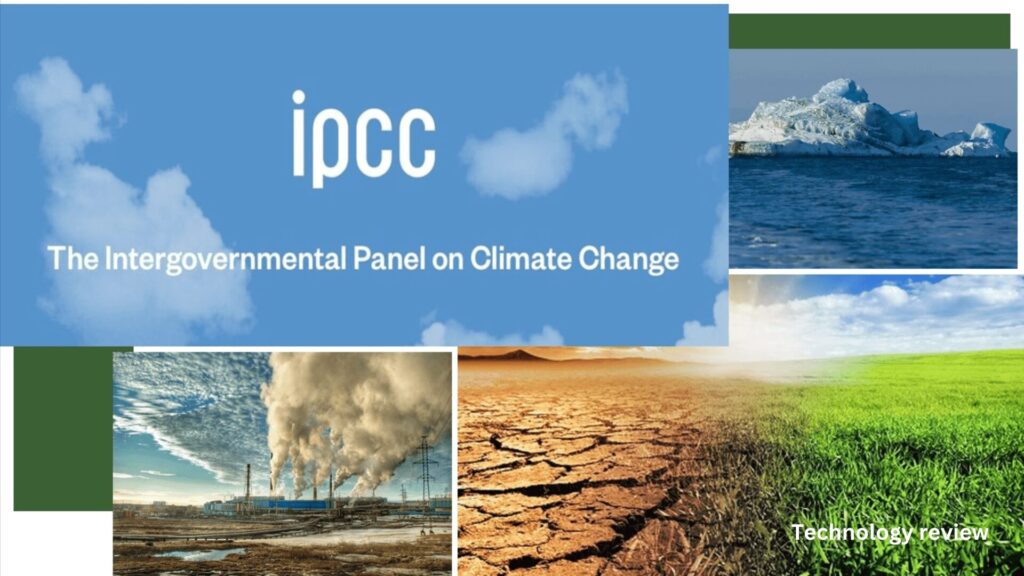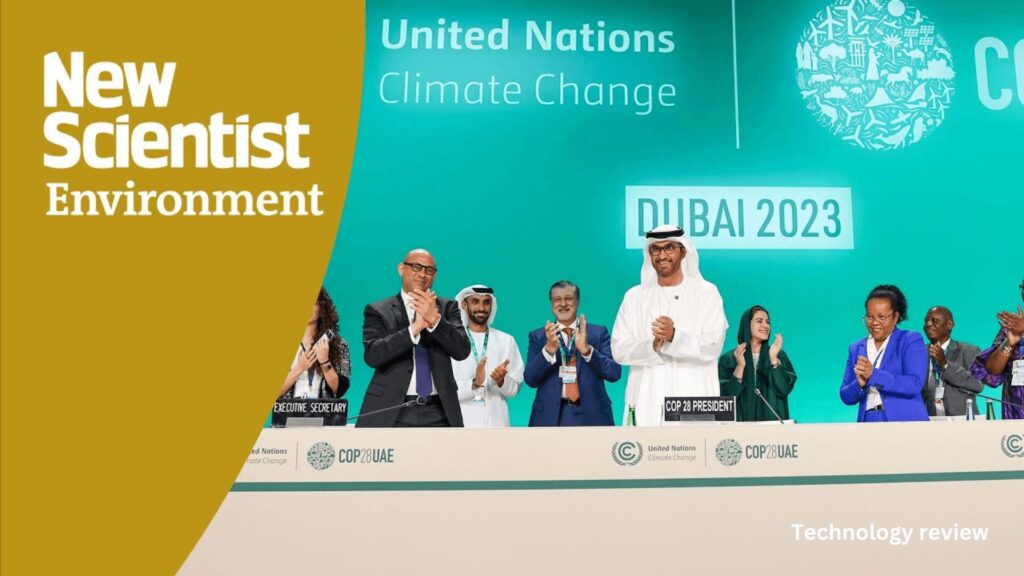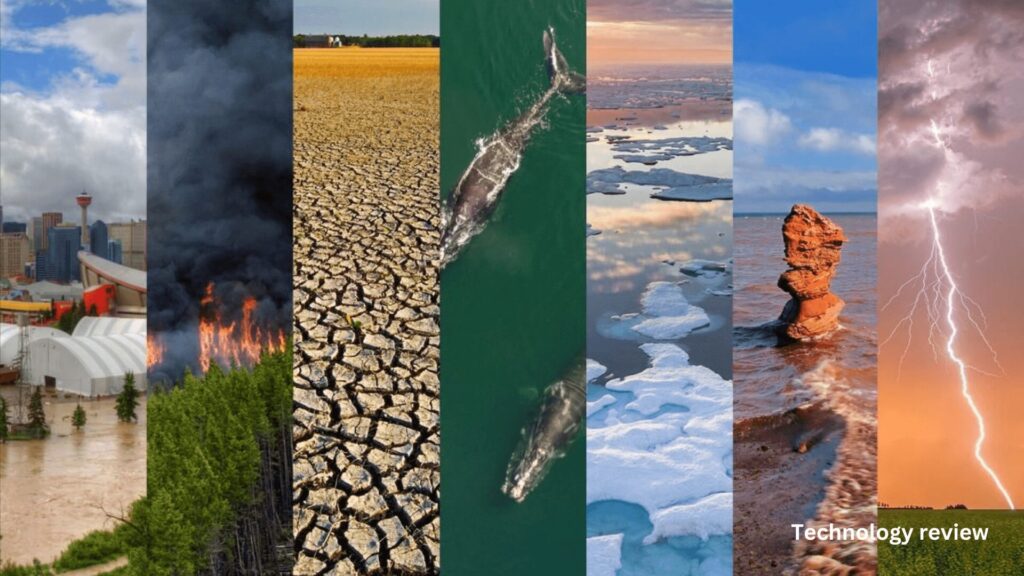ipcc intergovernmental panel on climate change
As you seek to understand the global climate crisis, one organization stands at the forefront of scientific research and policy recommendations: the Intergovernmental Panel on Climate Change (IPCC). Established in 1988, the IPCC brings together experts from around the world to assess the latest scientific, technical, and socioeconomic information related to climate change. Their comprehensive reports provide policymakers with the knowledge needed to develop climate strategies and make informed decisions. In this article, you will explore the IPCC’s structure, mission, and significant contributions to our understanding of climate change, as well as its role in shaping international climate policy and action.
What is the IPCC?
The Intergovernmental Panel on Climate Change (IPCC) is a United Nations body dedicated to providing policymakers with regular scientific assessments on climate change, its impacts, and potential future risks. Established in 1988 by the World Meteorological Organization (WMO) and the United Nations Environment Programme (UNEP), the IPCC has become the world’s leading authority on climate
Structure and Function
The IPCC is composed of thousands of scientists from around the globe who volunteer their time and expertise. These experts review and assess the most recent scientific, technical, and socio-economic information produced worldwide relevant to understanding climate change. The panel does not conduct its own research but rather synthesizes existing peer-reviewed literature.
Assessment Reports
One of the IPCC’s primary outputs is its comprehensive Assessment Reports. These reports provide a scientific basis for governments at all levels to develop climate-related policies. The Intergovernmental Panel on Climate Change releases these reports approximately every 5-7 years, with each report building upon the previous one to reflect the latest understanding of the climate system and climate change.
Impact and Influence
The IPCC’s work has been instrumental in shaping global climate policy. Its findings have informed international climate negotiations, including the Paris Agreement, and have raised public awareness about the urgency of addressing climate change. The panel’s efforts were recognized in 2007 when it was awarded the Nobel Peace Prize jointly with Al Gore.
How the IPCC Functions
The Intergovernmental Panel on Climate Change (IPCC) operates as a unique scientific body, combining rigorous research with global cooperation.
Understanding its function is crucial for grasping the international approach to climate science and policy.
Assessment Reports and Special Reports
The IPCC’s primary output is its comprehensive Assessment Reports. These reports, published every 5-7 years, provide an in-depth analysis of the latest climate science, impacts, and potential mitigation strategies. Between these major publications, the IPCC also produces Special Reports focusing on specific topics or emerging issues in climate change.
Working Groups and Task Forces
The IPCC is structured into three Working Groups and a Task Force:
- Working Group I: Focuses on the physical science basis of climate change
- Working Group Il: Assesses impacts, adaptation, and vulnerability
- Working Group III: Deals with climate change mitigation
- Task Force on National Greenhouse Gas Inventories: Develops methodologies for measuring emissions and removals
Review Process and Consensus Building
One of the IPCC’s strengths is its thorough review process. Each report undergoes multiple rounds of expert and government review, ensuring that the final product represents a consensus view of the global scientific community. This rigorous approach has made the IPCC intergovernmental panel on climate change a trusted source of information for policymakers worldwide.
Key Findings from IPCC Assessment Reports
The Intergovernmental Panel on Climate Change (IPCC) has released several comprehensive assessment reports that provide crucial insights into the state of our planet’s climate. These reports, compiled by leading scientists worldwide, offer a wealth of information on climate change impacts, adaptation strategies, and mitigation efforts.
Global Temperature Rise
One of the most significant findings from the IPCC intergovernmental panel on climate change reports is the observed increase in global average temperatures.
The panel has consistently highlighted that human activities, particularly greenhouse gas emissions, are the primary drivers of this warming trend. Recent assessments indicate that we are rapidly approaching the 1.5°C warming threshold, beyond which severe consequences for ecosystems and human societies become increasingly likely.

Sea Level Rise and Extreme Weather Events
The IPCC reports also emphasize the accelerating rate of sea level rise and the increased frequency and intensity of extreme weather events. These phenomena are directly linked to climate change, posing significant risks to coastal communities and vulnerable populations worldwide. The panel’s findings underscore the urgent need for adaptive measures and resilience-building strategies to mitigate these impacts.
Mitigation Pathways
IPCC assessments provide crucial guidance on potential pathways to limit global warming. They emphasize the importance of rapid and far-reaching transitions in energy, land, urban, and industrial systems to achieve the goals set forth in the Paris Agreement. The reports stress that every fraction of a degree matters in the fight against climate change, highlighting the critical role of immediate and sustained action.
The Importance of the IPCC’s Work on Climate Change
The Intergovernmental Panel on Climate Change (IPCC) plays a crucial role in shaping global understanding and policy responses to climate change. As the world’s leading authority on climate science, the IPCC intergovernmental panel on climate change provides policymakers with regular assessments of the scientific basis of climate change, its impacts and future risks, and potential adaptation and mitigation options.
Comprehensive Scientific Assessments
The IPCC’s comprehensive reports synthesize the latest research from thousands of scientists worldwide. These assessments offer an unparalleled view of the current state of climate knowledge, helping to inform critical decisions at local, national, and international levels.
Informing Global Climate Policy
IPCC findings directly influence international climate negotiations and agreements. The panel’s work has been instrumental in fostering global cooperation on climate action, including the landmark Paris Agreement. By providing clear, objective scientific evidence, the IPCC helps drive ambitious climate targets and policies.
Raising Public Awareness
Beyond policymaking, the IPCC’s reports play a vital role in educating the public about climate change. Their assessments help translate complex scientific concepts into accessible information, fostering greater understanding and urgency around climate issues among citizens worldwide.
Methodology reports and special reports
Comprehensive Assessment Tools
The Intergovernmental Panel on Climate Change (IPCC) produces a range of specialized reports that complement its main assessment reports. These methodology reports and special reports provide in-depth analyses of specific topics related to climate change. The IPCC’s methodology reports offer standardized approaches for measuring and reporting greenhouse gas emissions and removals, ensuring consistency across nations in climate data collection and analysis.
Focused Examinations of Critical Issues Special reports from the IPCC intergovernmental panel on climate change delve into urgent or complex climate-related subjects. These reports synthesize the latest scientific findings on targeted issues, such as the impacts of global warming of 1.5°C above pre-industrial levels or the ocean and cryosphere in a changing climate. By concentrating on specific areas, these reports provide policymakers with timely, detailed information to guide critical decisions.
Collaborative Scientific Endeavors
Both methodology and special reports involve extensive collaboration among scientists worldwide. The IPCC’s rigorous review process ensures that these reports reflect the most current and comprehensive understanding of climate change science. This collaborative approach strengthens the credibility and relevance of the IPCC’s work, making it an invaluable resource for governments, organizations, and individuals seeking to address the challenges posed by climate change.
Conclusion
As you have learned, the Intergovernmental Panel on Climate Change plays a crucial role in assessing and synthesizing climate science to inform policymakers and the public. The IPCC’s comprehensive reports provide an authoritative source of information on climate change, its impacts, and potential mitigation strategies. By staying informed about the IPCC’s findings and recommendations, you can better understand the urgency of addressing climate change and the actions needed at individual, local, and global levels. The work of the IPCC underscores that climate change is a shared global challenge requiring coordinated efforts across nations and sectors. Moving forward, the IPCC will continue to be an essential resource as the world grapples with this defining issue of our time.



